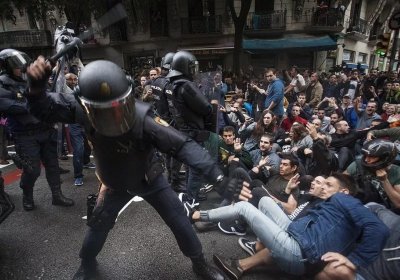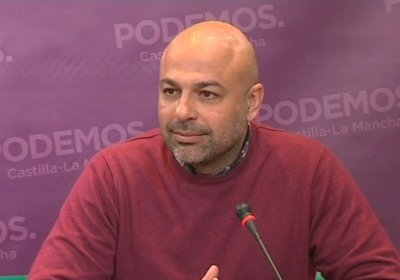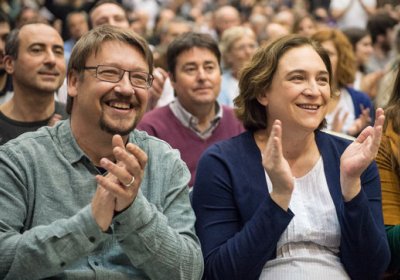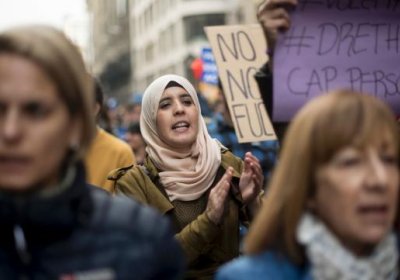Catalan Premier Carles Puigdemont officially declared an independent Catalan republic on October 10, only to announce a suspension in its implementation to allow for talks with Madrid.
The harsh reply of the conservative People’s Party (PP) government of Prime Minister Mariano Rajoy came two days later: abandon all thought of secession or see Catalan self-rule erased under article 155 of the Spanish constitution.











